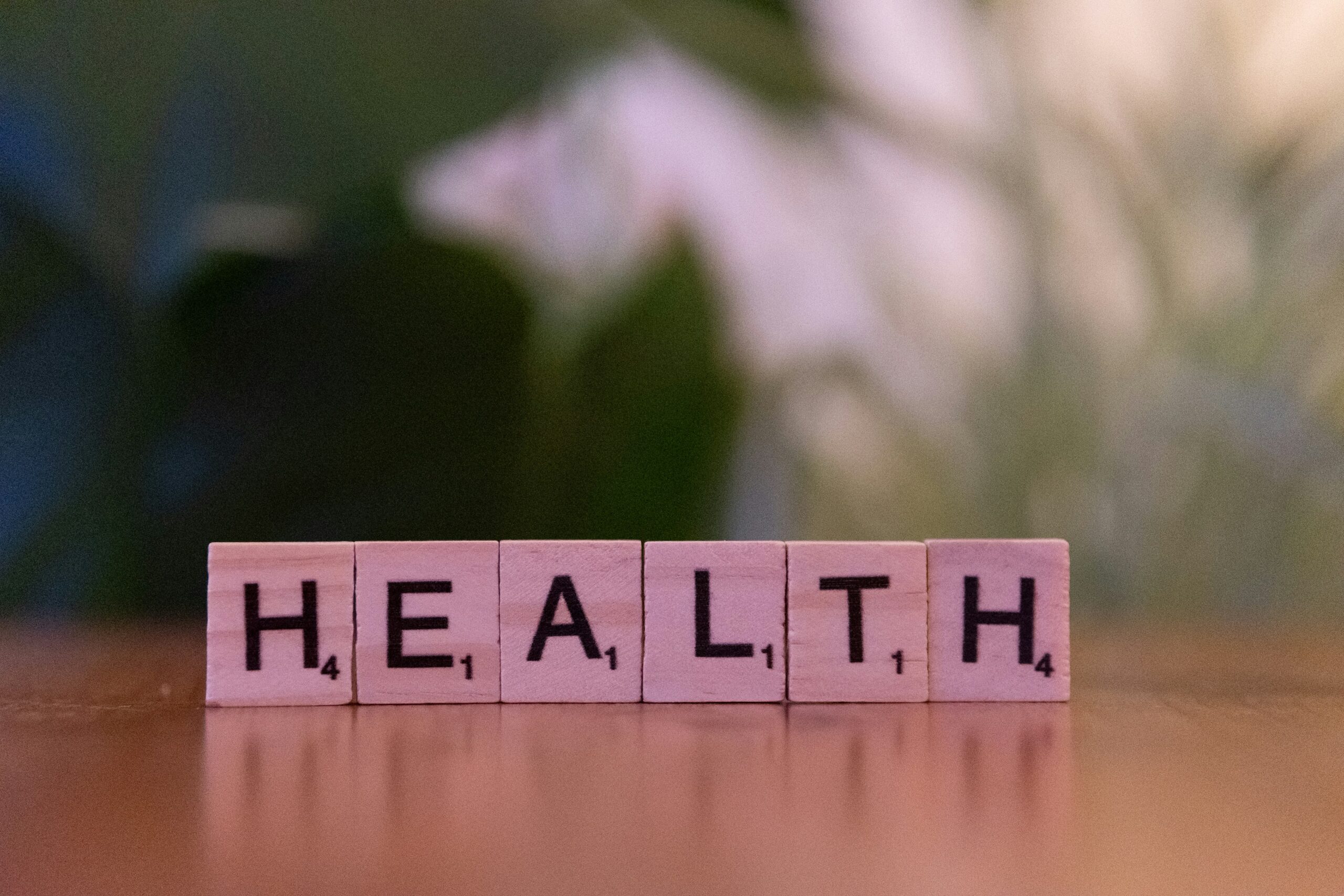Gut Health Secrets: 9 Powerful Ways Your Gut Influences Mental Wellness
Introduction
Welcome to the revolutionary world of intestinal fitness, wherein technological know-how is uncovering a profound truth: your digestive gadget is far more than just a food processor. It’s a complicated, sensible community—often known as the “second mind”—that plays a starring function in your intellectual wellbeing.
Today, we’re diving deep into the gut-brain axis, revealing 7 effective approaches that your intestinal health influences your mood, tension, attention, and even long-term brain fitness. This isn’t just modern-day health speak—it’s subsidized with the aid of modern-day neuroscience, microbiome research, and actual-existence adjustments.Let’s unencumber the secrets your gut has been attempting to inform you.
Table of Contents
What Is the Gut-Brain Axis?
Before we explore the seven effective connections, permit’s understand the inspiration: the intestine-mind axis (GBA).In the search for better mental clarity, emotional stability, and lasting happiness, we frequently appearance to therapy, medication, or meditation.But what if the secret to calmer thoughts and a happier mood has been hiding no longer for your head, but to your gut?
This is a -way communication motorway linking your primary frightened machine (brain and spinal cord) together with your enteric nervous system (the autonomic nervous system to your intestine). They’re related via the vagus nerve, hormones, immune indicators, and—most importantly—your gut microbiome.
Your intestine is home to trillions of bacteria, collectively called the microbiota.These microbes don’t simply assist in digesting food—they produce neurotransmitters, adjust inflammation, and ship steady alerts to your brain.
In truth, ninety percent of the frame’s serotonin—the so-referred to as “happy chemical”—is made in the intestine. Not the mind. The gut. This approach is that when your intestine fitness is compromised, your intellectual health may pay the price. Now, let’s explore the 7 technology-subsidized methods this great connection shape your thoughts.
1. Your gut produces mood-regulating neurotransmitters
Do you know that your gut makes large brain chemicals? While we often combine serotonin, dopamine, and GABA with the brain, these neurotransmitters are largely produced in the stomach – thanks to your gut bacteria.
Serotonin: 90–95% is made of the intestine, mainly of enterochromaffin cells affected by bacteria such as lactobacillus and bifidobacterium.
Dopamine: Intestinal bacteria while affecting bacterial motivation and reward, help to synthesize dopamine associates.
GABA: This cool neurotransmitter reduces the anxiety – and some probiotics (eg Lactobacillus rhamnosus) have been shown to promote GABA levels.
When your intestinal health is strong, these systems work in harmony. However, when your microbiome is unbalanced (a condition called dysbiosis), neurotransmitter production can falter – which leads to mood, anxiety and depression.Takeaway: a healthy intestine = a balanced brain chemistry.
2. Inflammation begins in the intestine, and when the brain
Chronic inflammation is a quiet driver for many modern diseases, including depression and anxiety.And does it seem that most of that inflammation starts? In the gut.
When the intestinal lining is damaged – too poor diet, stress or antibiotics – it can develop “tipped gut” (intestinal permeability). This lets the food particles, toxins, and bacteria enter the bloodstream, and triggers a systemic immune response.
These inflammatory markers, like cytokines, can overcome the blood-brain barrier and activate the brain infection-brain fog, lower mood, and even Alzheimer’s associated with neurodegenerative diseases. Studies show that people with depression often have high levels of inflammatory markers and intestinal dysbiosis. Attach the intestine, reduce the swelling, and then you can just calm your mind.
3. Wagus nerve: a straight line in the gut to the brain
Imagine a phone thread moving from the stomach to your brain. It is really the vagus the long-term, long-lasting cranial nerve, and the primary channel of the intestinal brain axis.
This nerve transmits characters in both directions:From the brain to the gut: Stress signals can slow down digestion.From the intestine to the brain: the intestines of the gut “I am Complete”, I am Calm “or” I attack “send the message.
Vaginal tone (strength of the activity of this nerve) is associated with emotional regulation, flexibility and relaxation. High vaginal tone = better stress management.And here is the kicker: probiotics, fasting, deep breathing and omega -3s can stimulate all speed nerve -something which means you can improve mental welfare by nurturing your gut.This is not magic. This is biology.
4. The intestines of the gut affect stress reaction and anxiety
The gut bacteria not only react to stress – they help control how you react to it.Research on germ-free mice (raised without bowel bacteria) suggests that they demonstrate exaggerated stress reactions and abnormal HPA axis (body stress hormone system) activity.When these mice get healthy probiotics, the stress level become normal.
In humans, clinical studies have found that taking Bifidobacterium longum and Lactobacillus helveticus can reduce anxiety, experienced stress, and even the cortisol level.A landmark survey published in Gastroenterology showed that women who consumed probiotic yogurt for four weeks had brain activity on emotional stimuli at an FMRI scan. So yes, your tarminders calmly shape your anxiety level every day.
5. Poor Gut Health Is Linked to Depression
Depression is more than a “chemical imbalance”. It can also be a microbial imbalance.Many studies have found that people with depression compared to healthy individuals have different intestinal microbiomes. In particular, they do:
Anti -inflammatory bacteria
High levels of provocative microbes
Low microbial variety
A 2019 Nature Microbiology study analyzed more than 1,000 people and found that two bacteria – Coprococus and Dialists – rejecting were continuously reduced.
Even more attractive: When scientists implanted the intestines of the gut in mice from depressed humans, expensive behavior as depression that delivers a basic link showed.This does not mean that intestinal health causes all depression. But it is quickly clear that fixing your stomach can be a powerful part of fixing your brain.
6. Intestinal health affects cognitive function and brain fog
Do you never feel mentally boring after a bad meal?This is not a coincidence.The health of the bad intestine can give rise to fog in the brain – mental clouds, poor concentration and status of memory rounds. It happens through many routes:
Neuropathy
Nutritional Malabsorption (eg B12, Iron, Omega -3s)
Toxin build-up due to dull detoxification
In addition, the bacteria in the gut produce short-chain fatty acids (SCFAS), which nourish brain cells, reduces the neuroine phone and can even protect from dementia.
A balanced microbioma supports sharp thinking, and quickly remembers and focuses better.Do you want to market your brain power? Start by fixing the gut.
7. Diet Shapes Your Gut—and Your Mind
What do you eat, but more accurately: You think how to eat.For each bit, you form the intestinal microbiome within hours. A diet high: Treated food, sugar and trans fat → Feeding of harmful bacteria, increasing the inflammation and the mood became worse.
Fiber, fermented foods and polyphenols → Feeding beneficial bacteria, strengthens the intestinal lining and increasing mental welfare.
Vegetables, legumes, olive oil and fermented food have been paired with frequent depression and low anxiety speeds.Why? Because it supports optimal intestinal health.
Large intestinal food includes:
Prebiotics: garlic, onions, bananas, asparagus (food for good bacteria)
Probiotics: curd, kefir, football crap, kimchi (live favorable bacteria)
Polyphenol foods: berries, green tea, dark chocolate, red wine (in moderation)
One study found that people who ate a probiotic-rich diet for just three weeks reported much less stress and improved emotional flexibility.It is the power of food as a medicine.
8. How to Improve Gut Health for Better Mental Wellness
When you understand that 7 powerful methods affect your stomach, it is mentioned here how to take action:
1. Eat more fiber (30g+ daily)
Fiber feeds your good bacteria. Dimensions for the rainbow with plant food -buffet greens, beans, whole grains, fruit.
2. Include daily fermented food
Add 1-2 servings of kefir, kimchi, miso, or kombucha to support microbial variation.
3. Reduce sugar and processed food
Chinese medicine harms harmful bacteria and yeast (like Candida), inhibiting the balance.
4. Manage stress
Chronic stress damages the intestinal lining and changes the microbiome structure. Try breathing yoga, meditation or breathing.
5. Get quality sleep
Poor sleep interferes with the gut in the gut. Dimensions 7-8 hours a night.
6. Consider a Probiotic Supplement
Lactobacillus ramnosus, Bifidobacterium longum, and L. Look for stresses such as Helvaticus – Mental Health was backed by a study.
7. Avoid unnecessary antibiotics
They can delete good bacteria. Use only when needed and always follow probiotics.
9. Future of Mental Health: Gut-First Healing
We enter a new era of psychotherapy – one where intestinal health is no longer just a front-line treatment. Doctors have begun screening for bowel problems in patients with anxiety and depression. Researchers develop psychobiotic medications. And puts microbioma at the center of functional medical treatment. You don’t have to wait to catch the medical system. You can start today.By nourishing your gut, you not only improve digestion – you are prepared for flexibility, joy, and clarity in your brain.
Last idea: Your gut has the key to a healthy brain
Science is clear: intestinal health is no different from mental health. It is depth, complicated and powerful.From the production of mood-to-seek chemicals to calm inflammation and regulation of stress, your gut is a quiet partner in your psychological welfare. So the next time you feel worried, less or mentally foggy, ask yourself: When did I nurture the gut?Sometimes it is best for your brain that you fix the gut.
Share Secret
If this article opened the eyes to the power of the intestinal brain connection, you can share it with someone who needs to hear it. The journey to mental welfare can begin with a single bit.
1. How does gut health affect mental wellness?
The gut and brain are connected via the gut-brain axis. A healthy gut microbiome produces neurotransmitters like serotonin and reduces inflammation, directly influencing mood and cognitive function.
2. Can probiotics improve anxiety and depression?
Yes, studies show certain probiotic strains (like Lactobacillus and Bifidobacterium) may help reduce symptoms of anxiety and depression by balancing gut bacteria and reducing inflammation.
3. What foods support both gut and mental health?
Fermented foods (yogurt, kimchi, sauerkraut), fiber-rich vegetables, whole grains, omega-3s (salmon, flaxseeds), and prebiotic foods (garlic, onions, bananas) boost gut and brain health.










